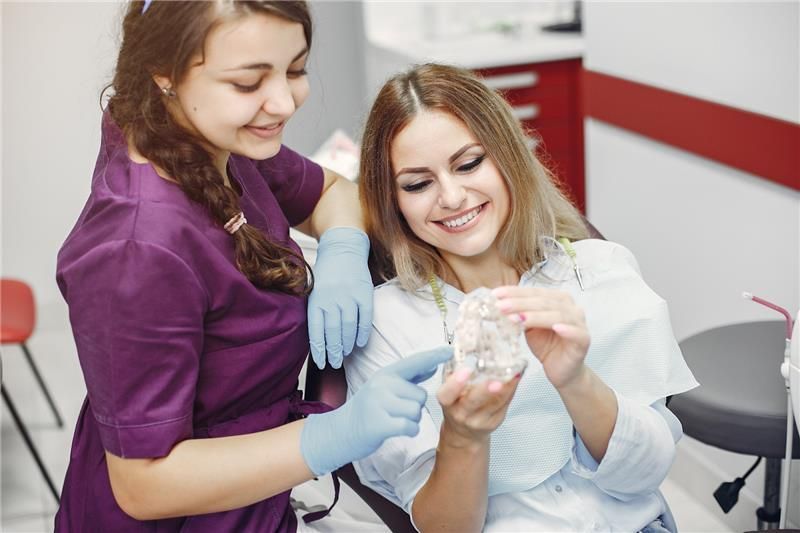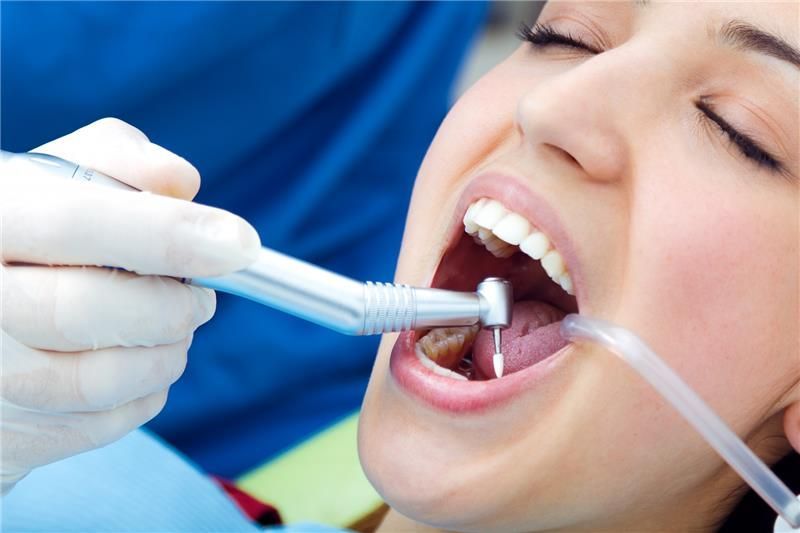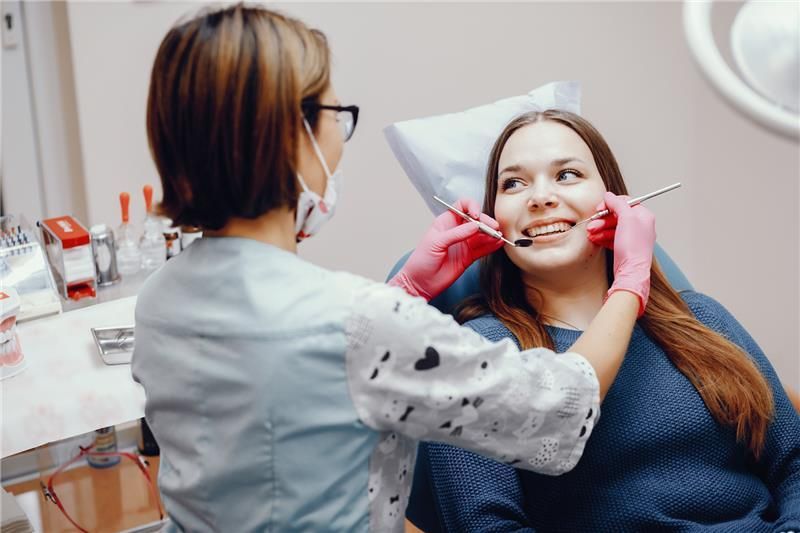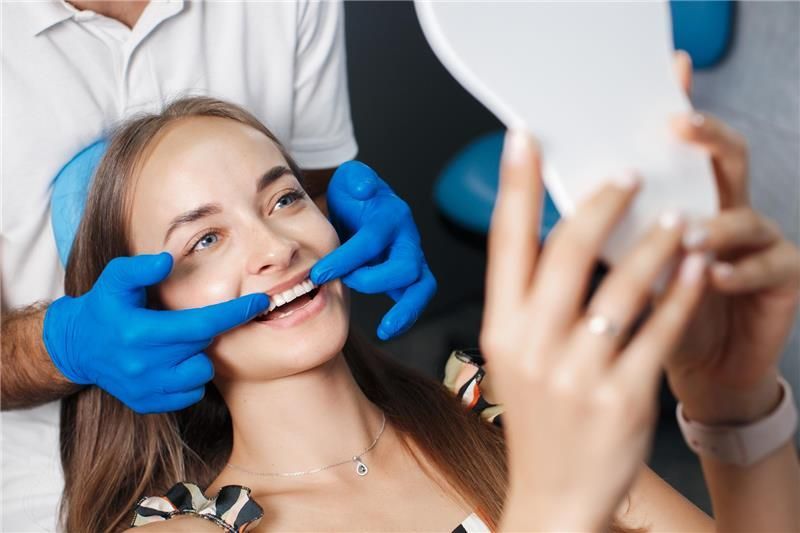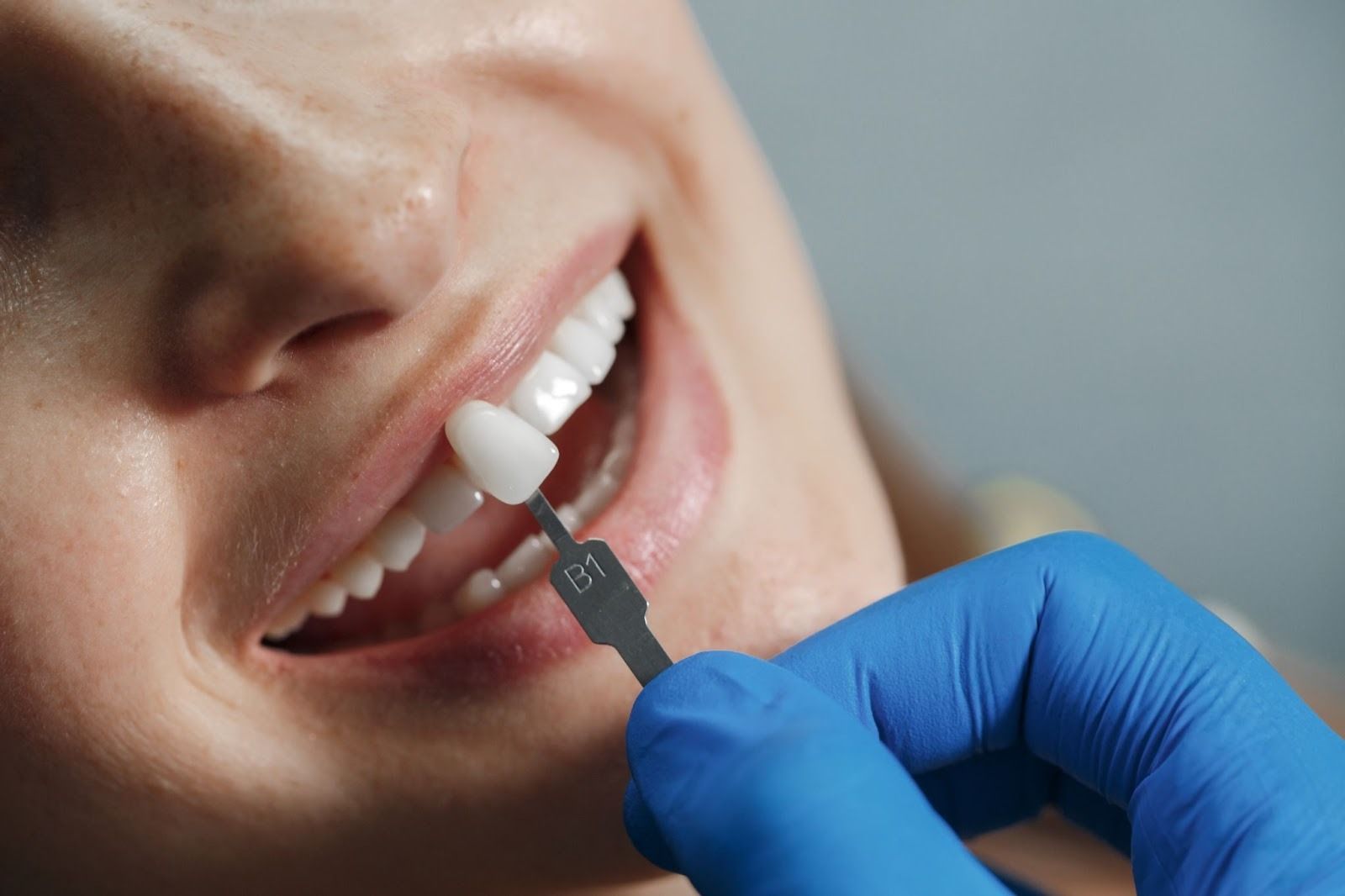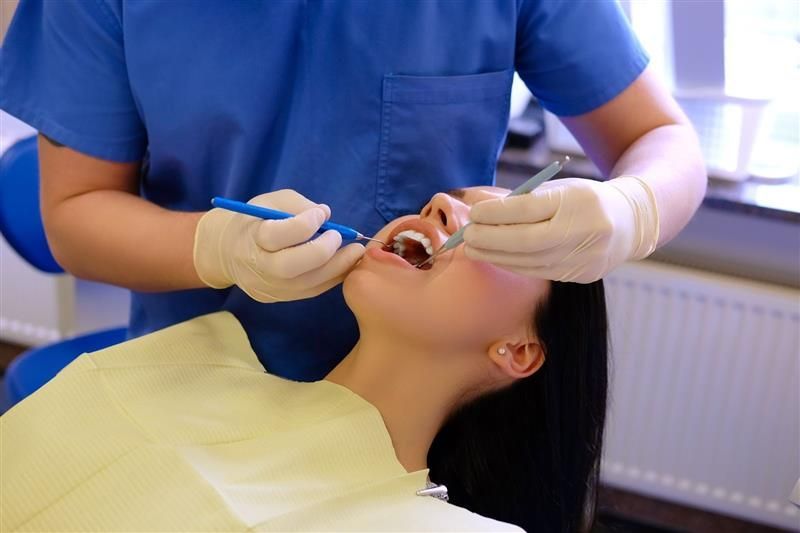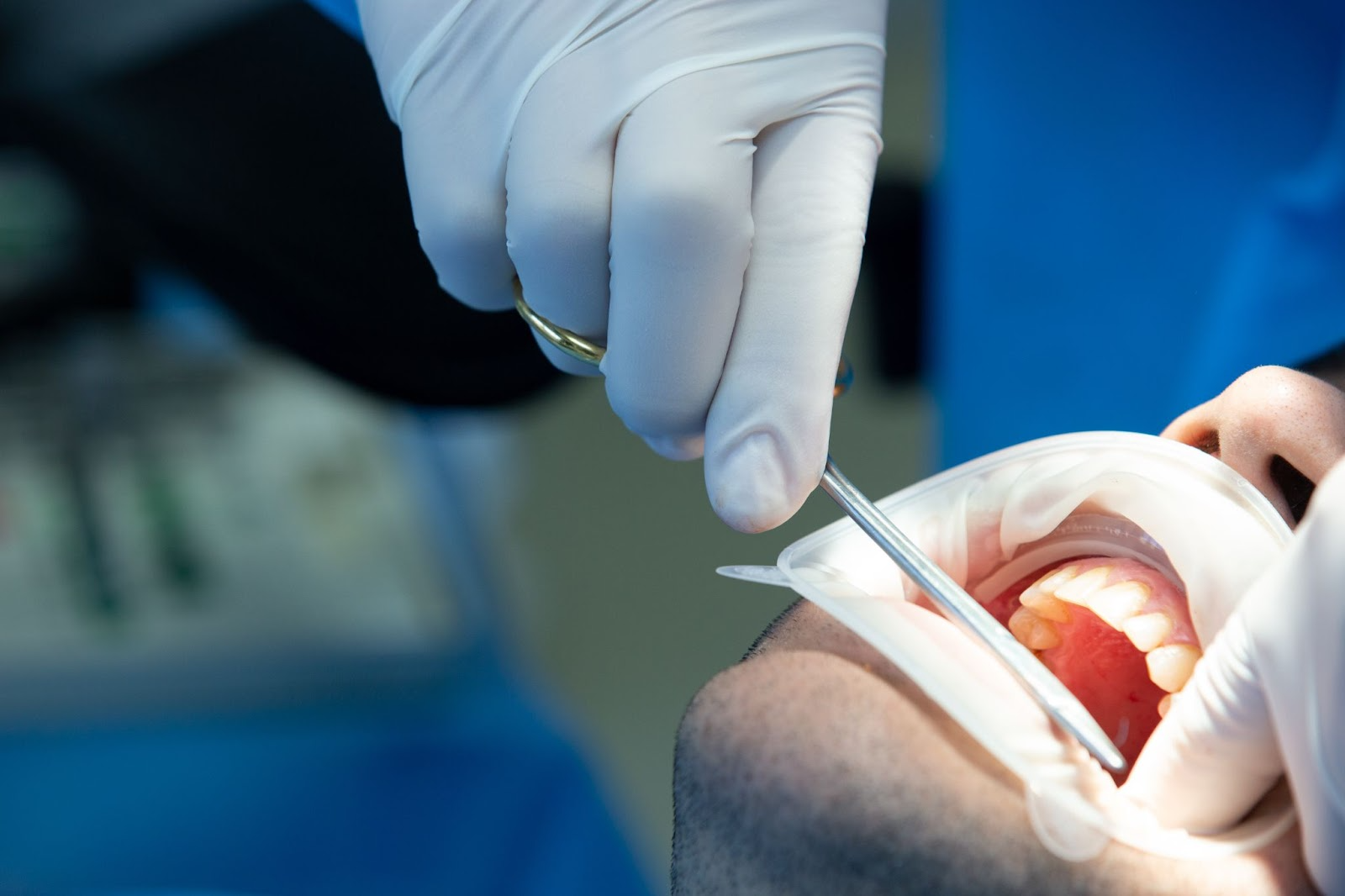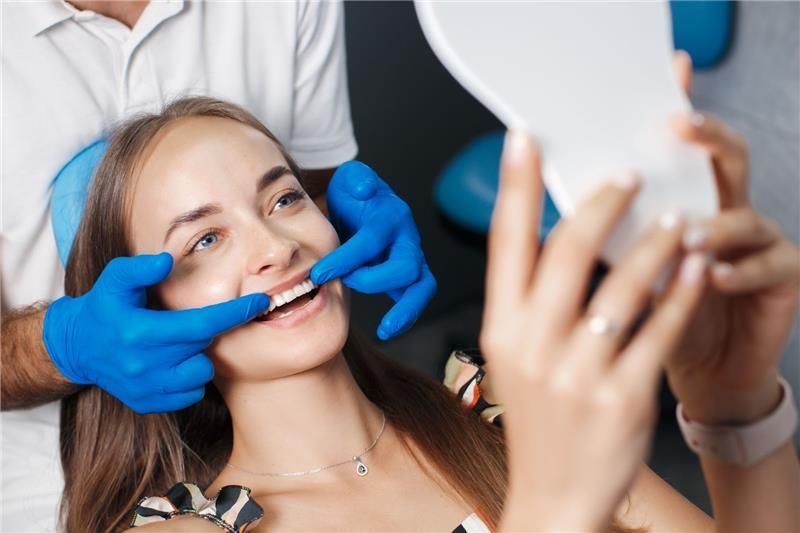Top 5 Best and Worst Foods for Your Dental Health

What to eat or not to eat for optimal dental health. Here’s some food for thought!
A person has to choose their food carefully and decide what is best and worst for them. Healthy eating habits improve not only your dental health
but also your bodily functions. But a lot of foods that look healthy can have a bad impact on your dental health.
To lead a long happy life, you have to ensure that your eating habits are just right. But on the other hand, those big juicy hamburgers and slices of pizza are so very tempting. Consuming junk food on top of living a bad lifestyle is even more unhealthy.
Let’s take a look at the most common best and worst food items for your dental health.
5 Best Food Items For Your Dental Health
Cheese
It might sound like something unhealthy for the list but cheese is among the healthier foods because of calcium and other minerals. Calcium helps in improving bone density and it also has phosphate content that helps in maintaining the pH of your mouth.
Apples and Pears
Fruits like apples and pears are hard to bite into that helps in cleaning your teeth and increases the production of saliva in your mouth. Chewing fibrous textures also helps in improving gums and causes reduction of cavity causing bacterias.
Meats and Fatty Fish

While meats help in increasing the saliva production and offer some of the major nutrients needed by our body. The excess saliva helps in reducing the acidity level of your mouth. Fatty fish like salmon store phosphorus which helps with formation of tooth enamel.
Garlic
Garlic might leave you with bad breath but the presence of allicin in it has strong antimicrobial properties. These microbes help fight bacteria causing tooth decay and p
eriodontal diseases
.
Vitamin C Rich Berries
Vitamin C rich foods have antioxidants in them that help with regeneration and growth of tissues in the body. These antioxidants help in strengthening your teeth. Malic acid in strawberries can help whitening your teeth naturally.
5 Worst Food Items For Your Dental Health

Ice Cubes
You might be a little surprised to find ice cubes on the list. Well, most of us have the habit of chewing on ice cubes on a hot summer day. However, ice cubes can make your teeth vulnerable to dental and enamel damages.
Coffee & Tea
A cup of coffee & tea can really help you wake up in the morning. However, various fast beverage chains have altered these drinks with additional sugar touch. Drinks high in caffeine content can cause damage to your gums & teeth. They also lead to staining of teeth.
Sticky Foods
Sticky food and dried foods have the tendency to stick to your teeth when you bite into them. These foods can lead to cavities in your teeth which can cause major dental damage. Doctors advise that when you eat such food items, you should properly rinse your mouth afterwards.
Potato Chips
Potato chips are one of the most common and loved snacks across the world. The crunch and ease of access makes it best for a quick snack. However, potato chips have starch in them which converts into sugar. Small bits of chips get stuck in your teeth and feed bacteria in the plaque present in teeth.
Alcohol
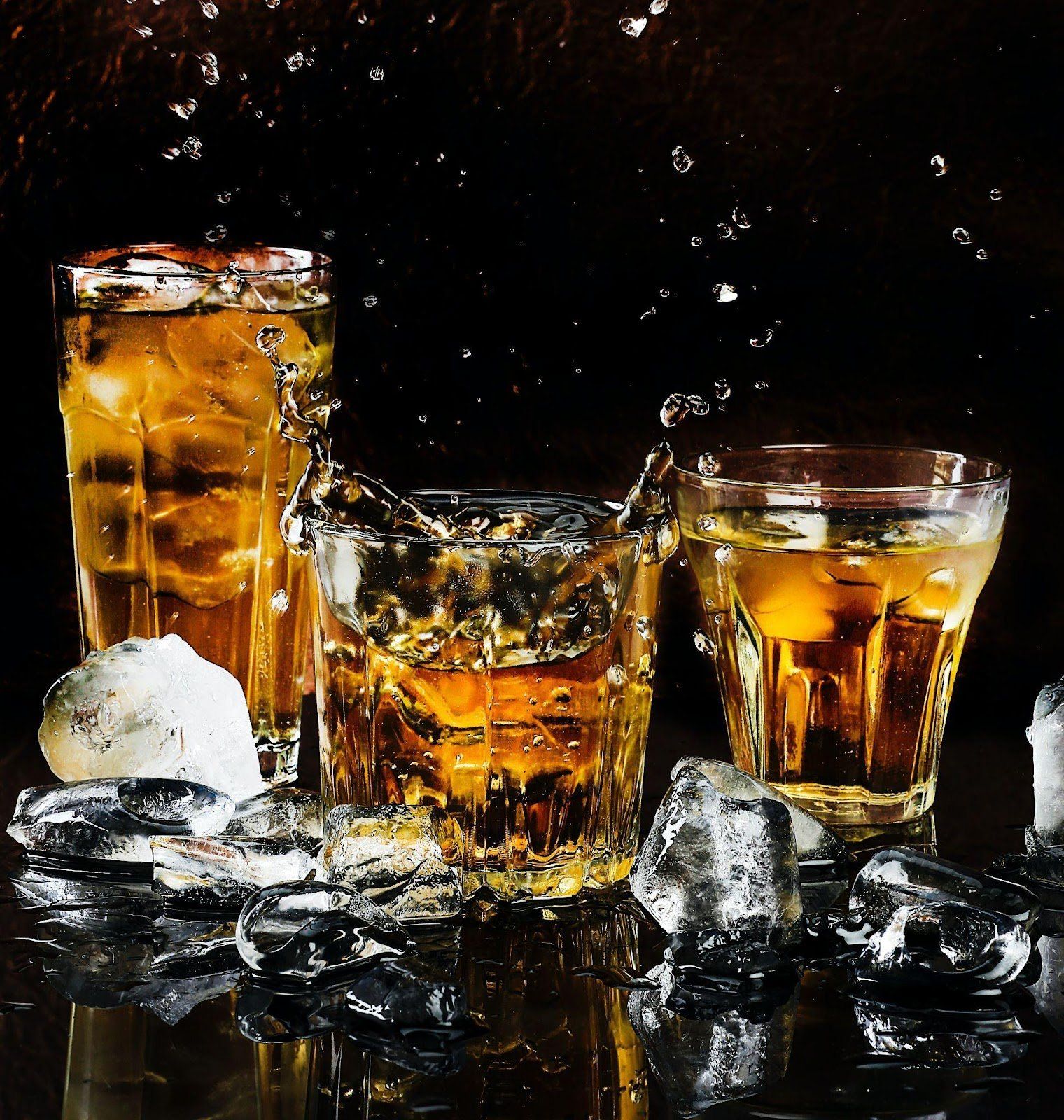
Alcohol consumption causes dehydration which leads to lack of saliva formation in the mouth. Saliva prevents food from sticking to the mouth, hence preventing tooth decay and gum problems.
Final Take
A healthy lifestyle comes from a combination of physical and mental well being. It is essential to include healthy eating practices to ensure your dental and general health continues to get better helping you lead a longer life.
Visit our experts at Park Dental Care Brooklyn
for a complete check up of your oral health and get treated accordingly.
